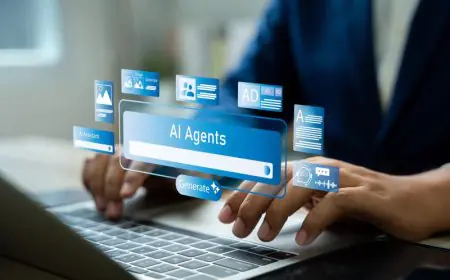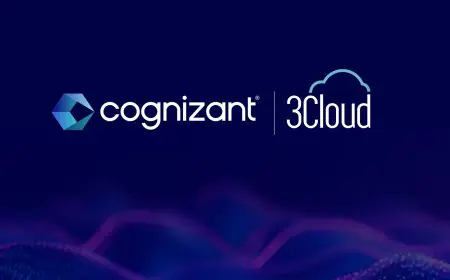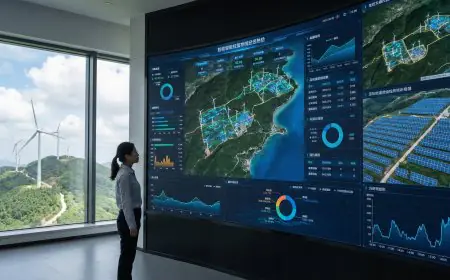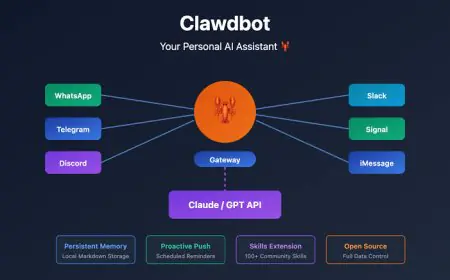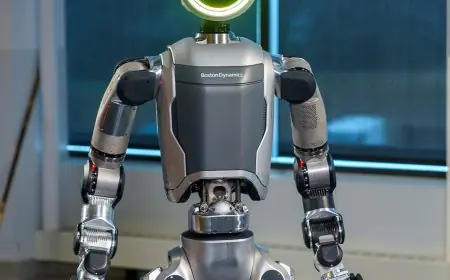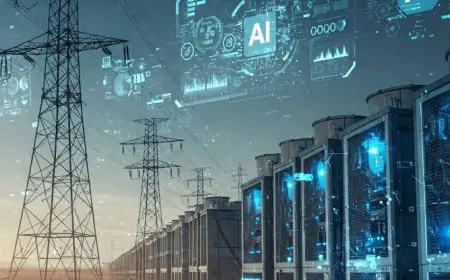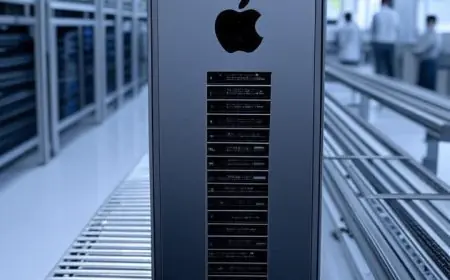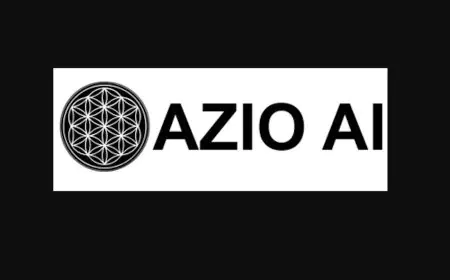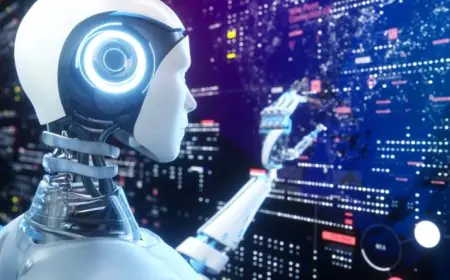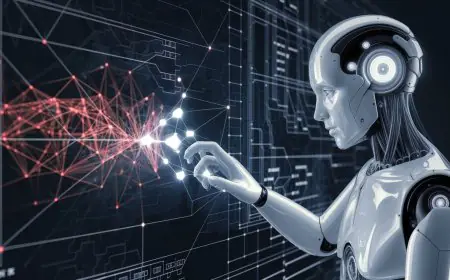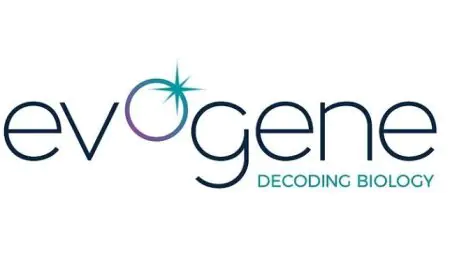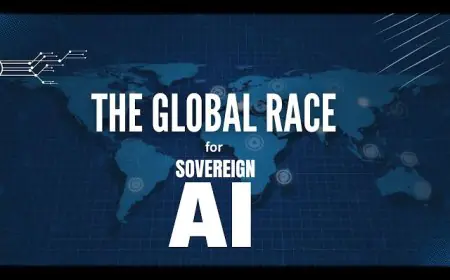AI Agents Revolutionizing Efficiency by Streamlining Manual Tasks
AI agents are transforming the workplace by automating manual tasks, enhancing productivity, and enabling intelligent collaboration across various sectors.

The rise of AI agents is set to redefine how businesses operate in 2025, marking a significant shift in the landscape of automation and workflow management. These advanced systems are not merely tools for automating repetitive tasks; they are evolving into autonomous entities capable of orchestrating complex workflows and making decisions traditionally reserved for human managers.
For decades, companies have sought to optimize their workflows through various automation tools. However, the introduction of AI agents is transforming this paradigm. Unlike conventional automation that follows predefined rules, AI agents leverage machine learning and natural language processing to learn from their environments and adapt their actions accordingly. This capability allows them to handle entire workflows with minimal human intervention, effectively taking over roles that involve both data processing and decision-making.
In practical terms, AI agents can engage in meaningful interactions with customers, analyze their needs, and autonomously manage follow-ups or scheduling—tasks that previously required significant human oversight. For instance, in sales environments, these agents can identify potential leads and tailor communications based on customer intent.
Businesses across various sectors are already witnessing substantial productivity gains through the integration of AI agents. For example:
- Content Creation: AI agents can draft newsletters or generate blog posts quickly, allowing businesses to focus on strategic initiatives rather than getting bogged down by content production.
- Customer Support: By automating routine inquiries and providing real-time assistance, AI agents enhance customer service efficiency. They can resolve common issues independently or escalate more complex problems to human representatives equipped with all necessary context.
- Sales and Marketing: Platforms like Salesforce's Agentforce enable sales teams to utilize AI agents that analyze customer data continuously. These agents can identify upsell opportunities and draft personalized communications based on engagement metrics.
The Future of Work with AI Agents
As we progress through 2025, the capabilities of AI agents are expected to expand further. Key factors driving this evolution include advancements in large language models (LLMs) and the increasing demand for dynamic workflows that can adapt in real-time. This shift is not just about improving efficiency but also about creating a more agile workforce capable of responding to changing market demands.
Moreover, companies like Fazeshift are pioneering efforts to automate back-office tasks such as invoice processing and payment reconciliation. Their AI solutions have reportedly reduced the need for large teams by handling complex billing workflows independently. As these technologies mature, the potential for eliminating tedious manual tasks becomes increasingly feasible.
AI agents represent a transformative force in the business world, streamlining manual tasks and enhancing overall productivity. As organizations embrace these intelligent systems, they will not only improve operational efficiency but also redefine how teams collaborate and innovate in an increasingly digital landscape.
